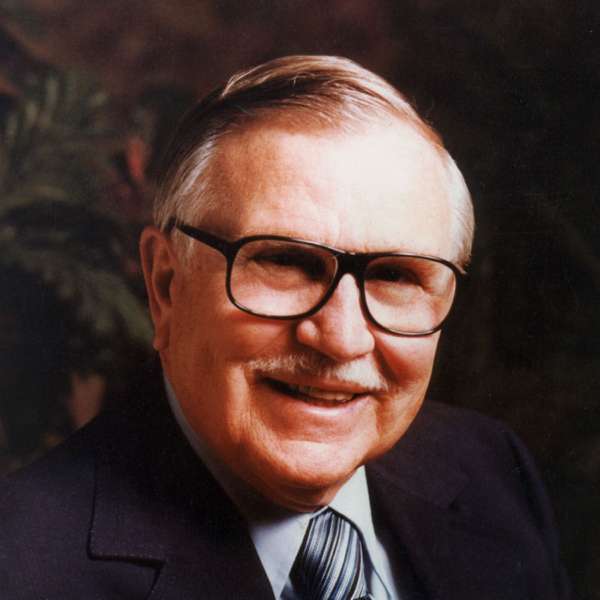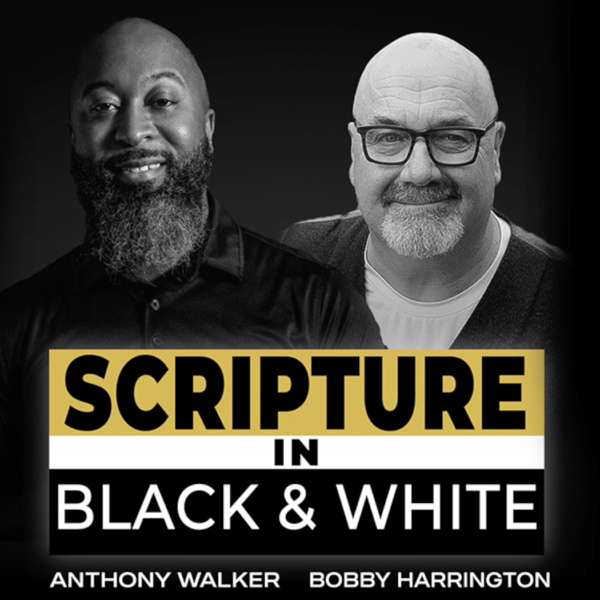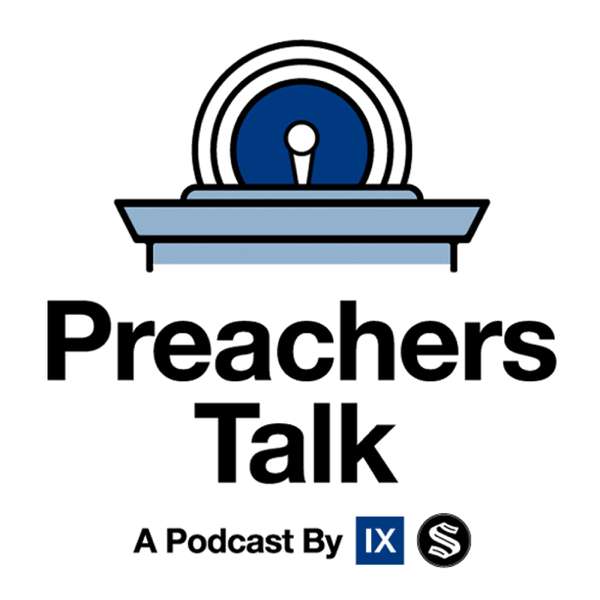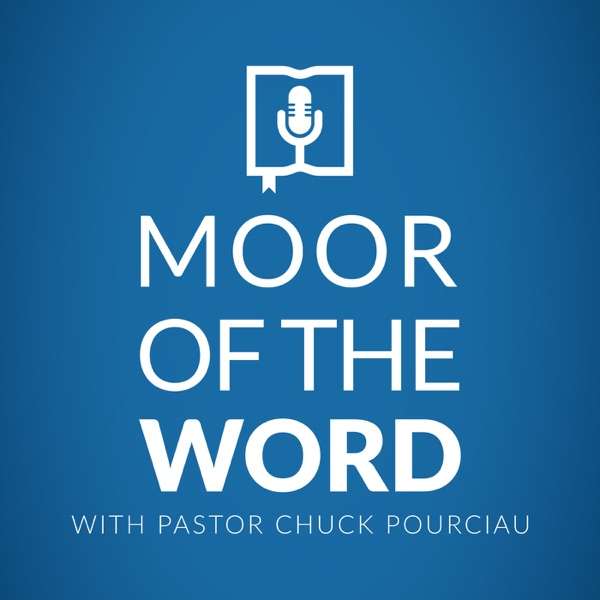Psalm 102 reminds us to record what God has done so that future generations will praise him. The Gospel Coalition’s story-telling podcast, Recorded, chronicles a variety of stories of God’s redemptive and transformative work. These narratives testify to the beauty of the gospel on display in this generation—in many places and in surprising ways. Whether your faith is strong or struggling, tune in to Recorded for encouraging snapshots of God’s faithfulness, nearness, and love.
- Home
- Top Charts
- Top Networks
- Top Apps
- Top Independents
- Top Podfluencers
- Top Picks
- Top Business Podcasts
- Top True Crime Podcasts
- Top Finance Podcasts
- Top Comedy Podcasts
- Top Music Podcasts
- Top Womens Podcasts
- Top Kids Podcasts
- Top Sports Podcasts
- Top News Podcasts
- Top Tech Podcasts
- Top Crypto Podcasts
- Top Entrepreneurial Podcasts
- Top Fantasy Sports Podcasts
- Top Political Podcasts
- Top Science Podcasts
- Top Self Help Podcasts
- Top Sports Betting Podcasts
- Top Stocks Podcasts
- Podcast News
- About Us
- Podcast Advertising
- Contact

 Our TOPPODCAST Picks
Our TOPPODCAST Picks  Stay Connected
Stay Connected







